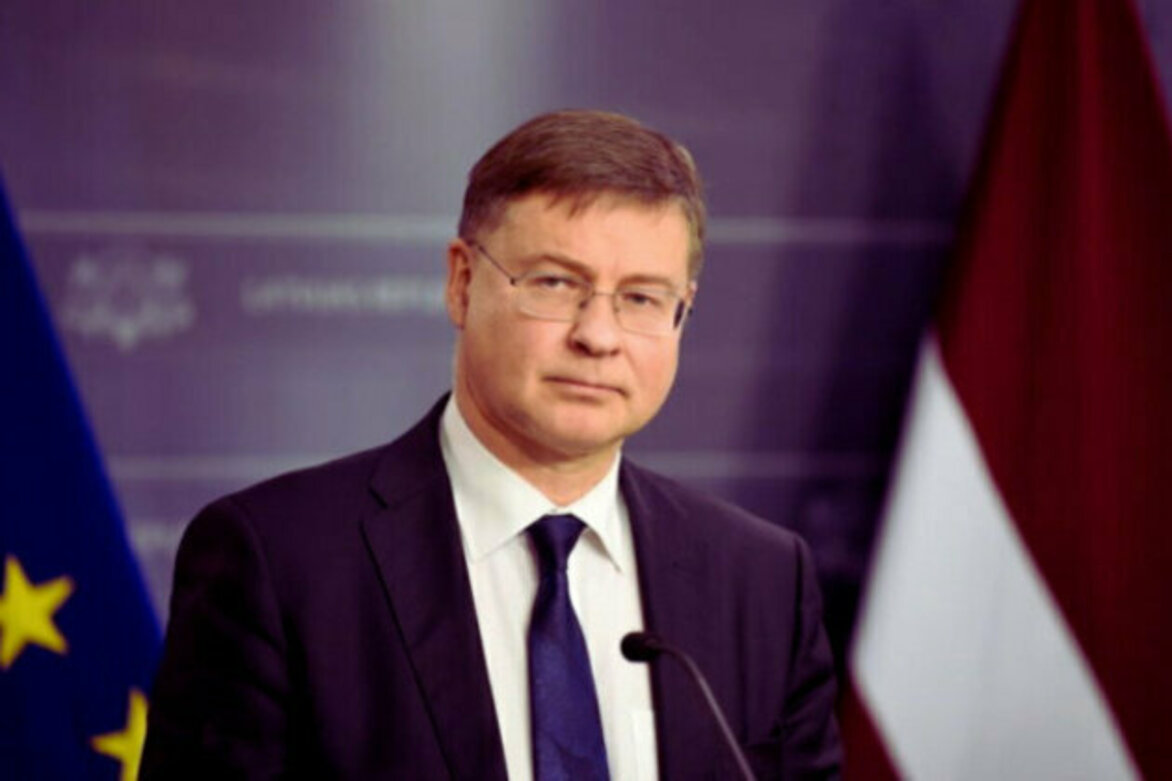From Latvia to Bulgaria: The Euro Works When Nations Commit
Novinite.com
06 Jun 2025

Valdis Dombrovskis, European Commissioner for Economy and Productivity and former Prime Minister of Latvia, highlighted the long-term benefits of joining the eurozone, using Latvia's experience as a case study during the presentation of the European Commission's convergence report on Bulgaria. According to him, the introduction of the euro in his home country took place at a time of serious economic uncertainty, and despite initial skepticism, the decision proved highly beneficial.
He pointed out that the euro had helped strengthen financial stability in Latvia and served as a protective buffer during geopolitical tensions, including Russia's war in Ukraine. The same positive effect was observed in the other Baltic states - Lithuania and Estonia - where the single currency contributed to resilience amid repeated economic shocks.
Among the practical advantages cited were secure savings, a stable currency, and improved business conditions due to the removal of exchange fees and the increase in price transparency. Access to more affordable financing and stronger interest from international investors had also supported economic growth in the region. These combined factors, Dombrovskis said, had improved living standards and public trust.
He noted the significant rise in public approval for the euro in Latvia: while only 55% of the population supported the change at the time of adoption in January 2014, that figure had surged to 83% by April 2025. This growing support, he emphasized, reflects how the benefits of the euro become more evident with time.
Turning to Bulgaria, Dombrovskis underscored that if the country's transition to the euro is approved, it will require coordinated national effort?clear public communication, active involvement from government institutions, the private sector, and civic groups. He warned that extraordinary vigilance would be needed to ensure transparency in pricing and to prevent unfair markups.
However, based on the experience of other eurozone countries, he believes this transition is entirely achievable. Past data shows that the price impact of adopting the euro is generally limited and well-managed when preparation is thorough.
According to Dombrovskis, joining the eurozone is a strategic investment in Bulgaria's future. It offers a path to greater economic stability, stronger institutions, and long-term benefits that will continue to grow in the years to come.
